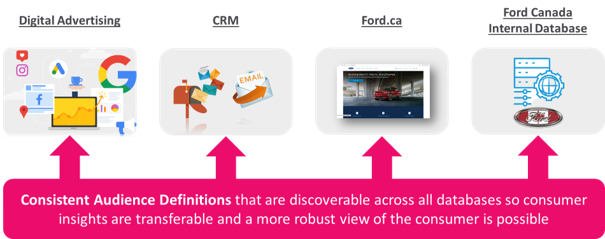Connecting Archetypes to Sales
- Alex Pickworth
- Feb 2, 2022
- 2 min read
Challenge:
Vehicle archetypes had traditionally been constructed using demographic and behavioural approximations, resulting in a disconnect between creative strategy, media targeting, and actual sales outcomes. This fragmentation often led to inefficient campaigns and missed opportunities to engage new consumers. The challenge was to create a system that not only bridged these gaps but also aligned archetypes across all touchpoints—something rarely achieved in the automotive industry.
Approach:
Recognising the limitations of traditional archetype models, I led a cross-functional initiative to redefine how archetypes were developed and deployed. By integrating disparate datasets—sales data, third-party psychographics, and digital consumer behaviours—we built a predictive analytics model that enabled archetypes to be directly linked to sales performance.
To ensure adoption and consistency, I worked collaboratively with creative, media, and CRM teams to embed these archetypes across all consumer touchpoints. This involved developing a system where segments were grouped via postal code and then hashed data integration techniques were used to protect privacy while enabling precise targeting. By aligning teams under a shared segmentation framework, we shifted the focus from generic consumer personas to actionable, data-driven insights that could be applied seamlessly across campaigns.
Outcome:
This new framework redefined consumer engagement strategies by making archetypes measurable, actionable, and aligned across platforms. For the first time, segmentation became a cohesive tool that creative teams could trust, media teams could optimise, and CRM teams could execute. The collaborative model also empowered teams to track performance and refine strategies in real-time.
The impact was transformative: campaigns driven by these archetypes consistently outperformed expectations, delivering measurable lifts in engagement, sales efficiency, and ROI. By creating an enduring foundation for data-driven decision-making, this work established a new standard for how consumer archetypes inform marketing strategies.





Comments